The education system in Russia: a guide for expat families
Learn how to navigate the education system in Russia and choose the best option for your child with our helpful guide for expat parents.
Between public and private options and vocational and academic tracks, getting your head around education in Russia can seem complex. If the Russian schooling system is different from that of your home country, the process of choosing the right option for your child can also feel overwhelming.
However, with a little research and some preparation, navigating the education system in Russia can be a relatively seamless process. And this handy guide is here to help you avoid many of the pitfalls associated with enrolling your child in school in Russia. It includes the following:
- The education system in Russia
- The three stages of education in Russia
- Subjects and grades
- The school year and holidays in Russia
- Preschool education in Russia
- Primary education in Russia
- Public primary schools in Russia
- Private primary schools in Russia
- Secondary education in Russia
- Public secondary schools in Russia
- Vocational schools in Russia
- Private secondary schools in Russia
- The International Baccalaureate (IB) in Russia
- Graduating in Russia
- Educational support for expat students in Russia
- Support for children with special educational needs (SEN) in Russia
- Changing schools in Russia
- Homeschooling in Russia
- Useful resources
The education system in Russia
Fortunately for expats, Russia boasts one of the most reputable education systems in the world which ranks 43rd in the World Economic Forum’s Global Competitiveness Report 2016-2017. Furthermore, the country’s adult literacy rate was 99.73% in 2018, which is the fourth-highest in Europe.
Furthermore, the country’s adult literacy rate was 99.73% in 2018, which is the fourth-highest in Europe.
Russia’s education system is coordinated by the government, and state schools are free for everyone to attend. That said, the quality of education offered at Russian state schools can vary wildly depending on the city and the school itself. Therefore, it really pays to do your homework when considering which option is best for your child.
Read more about international schools in Russia
Russia is also home to private schools, some of which are international schools that cater to children of various nationalities. These are highly popular among expats as they provide a multicultural environment and enable children to study the same curriculum they would back home and in their first language. That said, they often charge high tuition fees and have long waiting lists, which can make it difficult to secure a place for your child unless you apply far in advance and have sufficient financial means.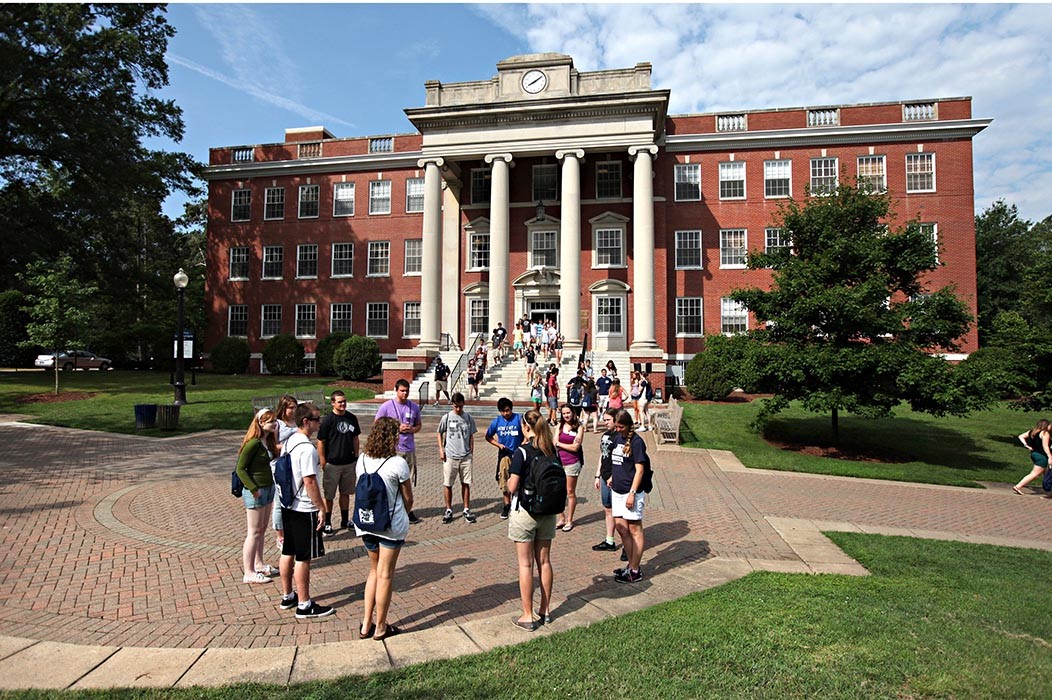
The three stages of education in Russia
Education in Russia is divided into three stages: primary, basic general, and secondary. Primary education begins at the age of six or seven and lasts for four years. This is followed by five years of basic general education, and two to three years of secondary education. Students can choose to complete secondary education at a regular school or opt to attend a vocational training college for that period.
Subjects and grades
At the end of secondary education, all students must pass the Unified State Examination (EGE) (Единый государственный экзамен, Yediny gosudarstvenny ekzamen) if they wish to continue to higher education. Exams in Russian and mathematics are mandatory, while other subjects, including sciences, foreign languages, and humanities, are optional.
The Russian Ministry of Education sets the study program in schools and unlike in many Western countries, students have no say in the subjects they study until they take the Unified State Examination (EGE). Students are graded on a five-step scale, with 5 being ‘excellent’ and 1 being a sign of extreme failure. Teachers rarely assign a grade 1, and most of the time, students receive grades between 2 and 5.
Students are graded on a five-step scale, with 5 being ‘excellent’ and 1 being a sign of extreme failure. Teachers rarely assign a grade 1, and most of the time, students receive grades between 2 and 5.
The school year and holidays in Russia
The school year in Russia traditionally starts on 1 September, which is known as Knowledge Day (День знаний, Den znaniy). This day also marks the end of the summer and the beginning of autumn. A traditional First Bell ceremony usually takes place for children coming to school for the first time. Pupils and parents also give flowers to the teachers to thank them.
The Russian school year ends on May 25, when pupils take part in the Last Bell ceremony. On the day, they wear the traditional Soviet-style school uniform, exchange flowers and presents, and say goodbye to their classmates. It is also customary for girls to wear white bows in their hair.
Mark down these other school holidays in Russia
In Russia, the school year is split into four terms (or quarters) which are separated by one or two-week holidays; the first week in November, the first two weeks in January, and the last week of March. Similar to other European countries, the summer holiday in Russia lasts for three months, spanning June, July, and August.
Similar to other European countries, the summer holiday in Russia lasts for three months, spanning June, July, and August.
Preschool education in Russia
Russian children often attend kindergarten (детский сад, detsky sad) from as early as 18 months old, up until they begin primary school at six or seven years old. Russia is home to almost 48,000 kindergartens, which include both local Russian schools and international alternatives. As a result, there are plenty of preschool options for expat parents.
Regional and local governments run the vast majority of kindergartens in Russia and by law they can only charge parents up to 20% of the total cost of childcare. Despite the abundance of kindergartens throughout the country, spaces remain limited. For instance, there were 15,000 more preschool-aged children than there were preschool places in Moscow alone. For this reason, many parents often add their child to a waiting list immediately after they have given birth.
Find out more about preschools in Russia
There are also numerous privately-owned preschools in Russia, particularly in and around the major cities. Some international schools for older children also offer facilities for preschool-aged children, with instruction in the school’s primary language. However, fees can be very high.
Primary education in Russia
Primary school (начальная школа, nachalnaya shkola) is overseen by the Russian Ministry of Education and is compulsory for all children in the country. Children in Russia begin primary school at the age of six or seven and continue it for four years. During this time, they learn to read and write and master basic mathematics.
Most primary schools also begin to teach children a foreign language, which is usually either English or German. Students also study music, physical education, and a subject called “the world around us” (окружающий мир, okruzhayushchy mir). This contains basic elements of geography, history, and social studies.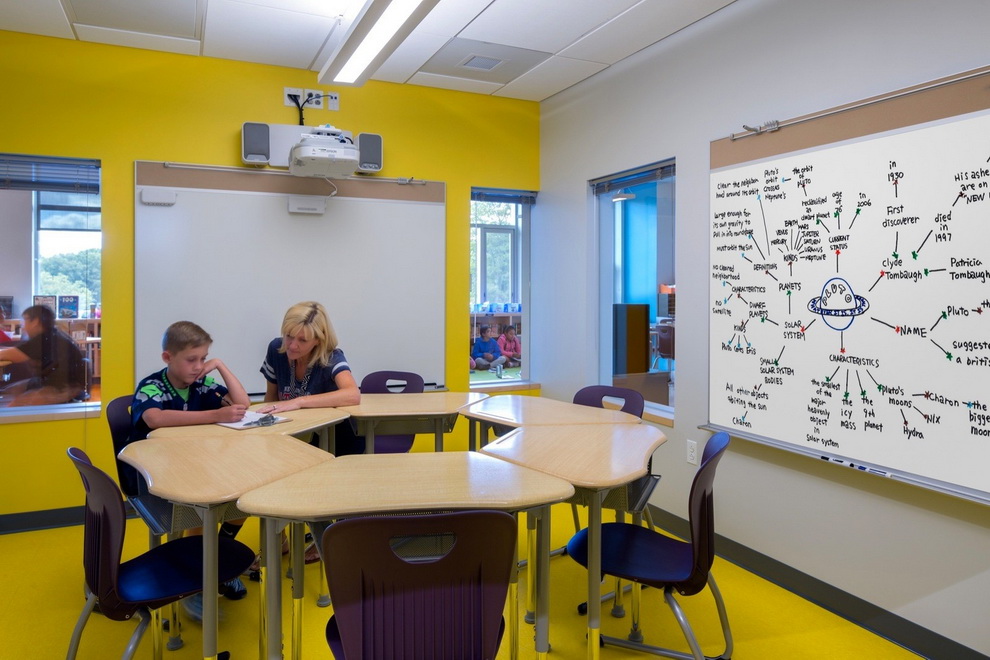
Public primary schools in Russia
Public primary schools are free to attend in Russia, but parents still need to pay for books, sportswear, school uniform, and other things their children need. Notably, the quality of education varies depending on where you live. In the major cities, such as Moscow, St. Petersburg, and Yekaterinburg, for instance, the standard of education is typically higher than in rural areas. There is also a wider variety of primary schools to choose from, compared to small towns and villages which often only have one.
Private primary schools in Russia
If you are willing to pay to ensure that your child receives a higher standard of education, then you might want to consider enrolling them at a private school. Russia is home to numerous privately-owned, fee-paying schools, particularly in the larger cities.
Although fees vary based on the school and the location, they are generally quite high. For example, primary school classes at Moscow’s Zhukovka Gymnasium cost ₽63,000 per month, while the Aristos Lyceum in St. Petersburg charges ₽20,000 per month.
Petersburg charges ₽20,000 per month.
Read our Guide to primary education in Russia
Expats often want to ensure that their children’s education matches that of their home country to the greatest possible extent. If this sounds appealing to you, then you may want to look at sending your child to an international school. Moscow, in particular, offers a wide range of international schools that teach curricula from various countries such as the U.K., the U.S., France, Germany, Italy, and Sweden. The vast majority of international schools in Russia cover both primary and secondary education.
Secondary education in Russia
Secondary education in Russia is split into two parts. Basic general education (основное общее образование, osnovnoye obshcheye obrazovaniye) lasts for four years and ends with the Basic State Examination (Основной государственный экзамен, Osnovnoy gosudarstvenny ekzamen – ОГЭ/OGE). This determines what students can study during the final two years of their education.
After taking this exam, students who received high enough marks can continue on to secondary general education (Среднее общее образование, sredneye obshcheye obrazovaniye), which lasts for two years and culminates with the Unified State Examination (EGE). Other pupils may decide to spend those two years in vocational education.
Public secondary schools in Russia
Like public primary schools, public secondary schools in Russia are free to attend and are overseen by the Ministry of Education. Again, like primary schools, the quality of education can vary greatly depending on the school and its location.
All children must attend school until the age of 15, at which time they may leave with their parents’ consent. For the first four years of secondary school, they will study Russian language, literature, a foreign language, mathematics, IT, history, social studies, geography, physics, biology, chemistry, music, art, design & technology, and physical education.
Search for secondary schools in Russia in our directory
This period ends with students taking the Basic State Examination (OGE). After doing so, they can choose to either continue studying for another two years and take the Unified State Examination (EGE), switch to a vocational school, or leave education altogether.
Vocational schools in Russia
There are two types of vocational schools in Russia: college (колледж, kolledzh) and technical school (техникум, tekhnikum). These can prepare students for a wide range of careers, from aviation and veterinary medicine to secretarial work and engineering. However, while both provide a vocational education, colleges offer a more in-depth education and more advanced qualifications than technical schools.
During their first year at a vocational school, students will study subjects that are relevant to their chosen profession, as well as subjects they previously studied at school; such as Russian language, mathematics, and history.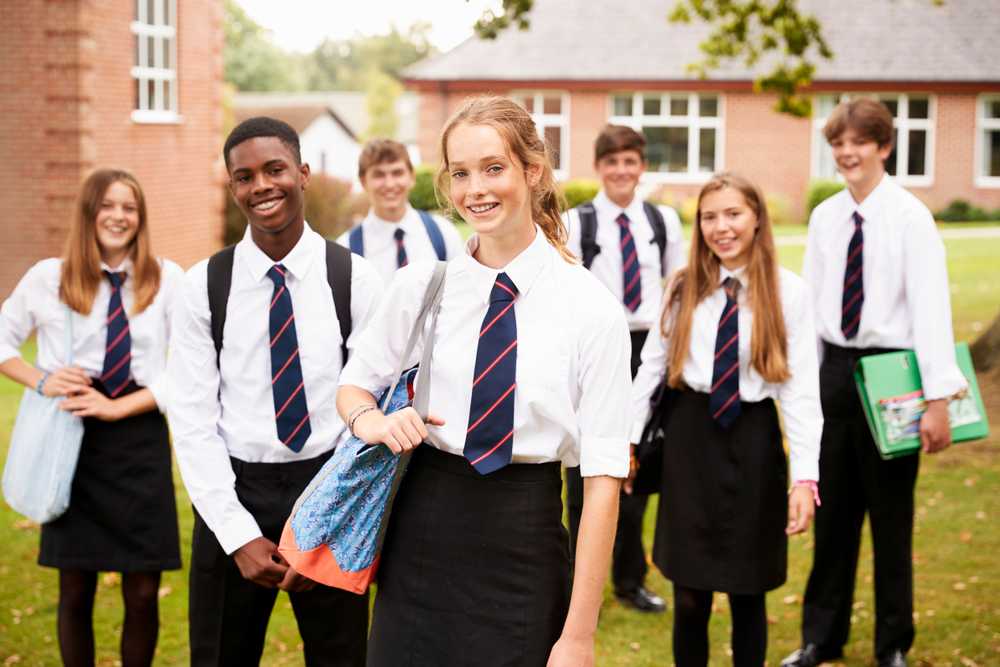 During the second and final year, students will study a wider range of subjects that are linked to their profession.
During the second and final year, students will study a wider range of subjects that are linked to their profession.
Private secondary schools in Russia
Russia is home to a number of private secondary schools, which are mostly based in Moscow and St. Petersburg. That said, smaller cities such as Kazan and Penza also offer similar schools.
These schools usually offer a higher standard of education than public secondary schools, but charge higher fees than private primary schools. The fees for private secondary schools can also vary significantly depending on location. For example, the First Moscow Gymnasium charges ₽150,000 per month for education, while the Tete-a-Tete private school in St. Petersburg charges ₽240,000 per year.
If you prefer your child to receive their education in their native language, there are also a number of international schools in Russia that teach in English and other languages. Just bear in mind that the majority of these are based in Moscow.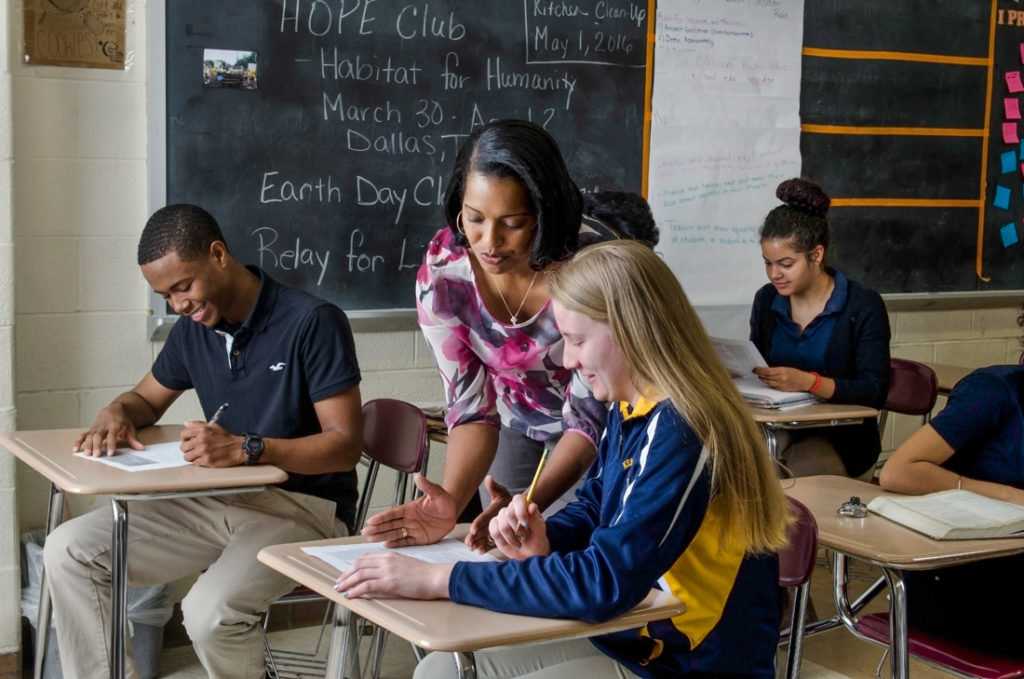 You can search for international schools in Russia in our directory.
You can search for international schools in Russia in our directory.
The International Baccalaureate (IB) in Russia
The International Baccalaureate (IB) is an international education program that is offered to students between the ages of three and 19 by schools in 138 countries. Due to its broad international recognition, the IB is often a popular choice among expat families, particularly those who regularly move between countries.
Read more about the International Baccalaureate Diploma
More than 50 schools in Russia offer International Baccalaureate qualifications. Of these, 47 teach in English, and 11 offer bilingual education in Russian and English.
Graduating in Russia
In order to graduate from school, Russian students must sit the Unified State Examination (EGE). This includes mandatory exams in the Russian language and mathematics, along with a range of additional subjects that students may choose from.
These include foreign languages (English, German, French, Spanish, and Chinese), physics, chemistry, biology, geography, literature, history, social sciences, and computer science.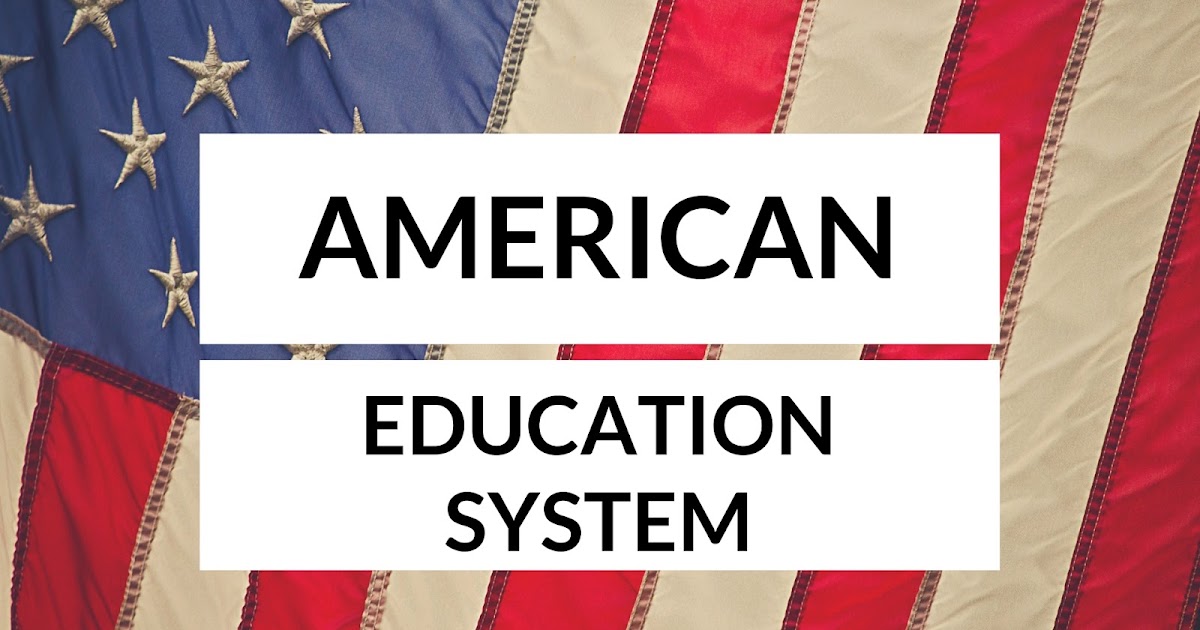 Students who receive high enough grades in their exams will be able to go on to study at university.
Students who receive high enough grades in their exams will be able to go on to study at university.
Educational support for expat students in Russia
Unfortunately, the Russian educational curriculum does not make any allowances for children who do not speak Russian, and the majority of public schools don’t offer additional language classes or support for non-Russian-speaking pupils. That said, many private schools provide additional Russian lessons at an extra cost.
Support for children with special educational needs (SEN) in Russia
There are several modes of support available for children with special educational needs (SEN) in Russia. For instance, children deemed to have delayed development are entitled to additional ‘compensatory’ classes within mainstream schools.
Meanwhile, those with more severe learning difficulties may attend a ‘corrective’ boarding school (коррекционная школа, korrektsionnaya shkola). These schools accept pupils between the ages of eight and 21 and aim to help them adapt to life in modern society, rather than providing an in-depth education.
There are also a number of specialized schools in Russia that cater to pupils with various physical impairments. For example, there are 80 schools for children with impaired eyesight, which offer an additional twelfth year of study and reduced class sizes. In addition, there are over 200 specialized boarding schools that cater to hearing-impaired students.
Changing schools in Russia
According to Russian legislation, a child’s parents may transfer him or her to another school at any time without needing to provide a reason. However, there is a procedure that they must follow.
Parents must first file an official notice with their child’s current school stating their intention to withdraw their child. The school will then provide them with all documentation relating to their child, which the parents must then submit to the new school, together with an application for their child to study there.
Homeschooling in Russia
While still rare, homeschooling is growing in popularity among Russian families.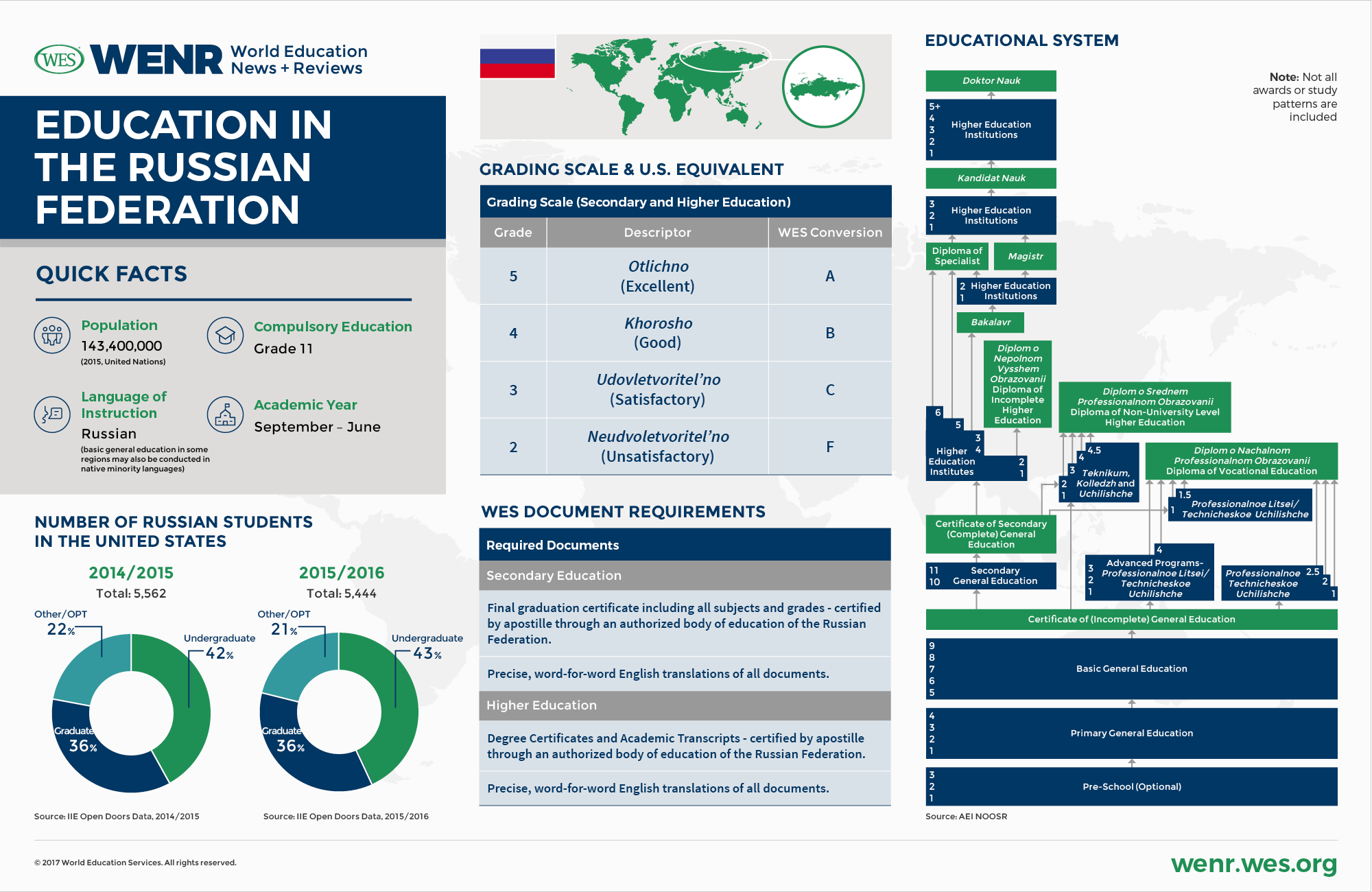 For instance, in 2015/16 only 8,200 Russian children were being taught at home. However, by 2018/19, this number had grown to over 20,000.
For instance, in 2015/16 only 8,200 Russian children were being taught at home. However, by 2018/19, this number had grown to over 20,000.
According to Russian law, families have the right to withdraw their children from mainstream schooling and teach them at home. However, they must provide advance notice to their regional education ministry in order to do so. If you choose to homeschool your child, then you might want to consider hiring private tutors for them. Depending on the subject and the individual tutor’s level of experience, you should expect to pay between ₽1,500 and ₽4,000 per 45-minute lesson.
Useful resources
- Russian Ministry of Education – the Ministry of Education website which provides up-to-date news and information
- Vash Repetitor – a company that offers the services of private tutors around Russia
- British Council in Russia – an organization that helps U.K. nationals in Russia connect with their country of origin and adapt to life in Russia
Russia
Prior to the 1700’s, education was limited to that provided by the Russian Orthodox Church. Beginning in 1701, Peter the Great brought Western education to Russia, including navigation, mathematics, medicine, engineering and science, and he also staffed the schools with Western teachers. Russia’s higher education system started in the middle of the eighteenth century with the foundation of universities in Moscow and St. Petersburg. In the second half of the century, Catherine the Great established widespread elementary education, as well as the first school for girls. She also brought Western ideas and teachers into the education system.
Beginning in 1701, Peter the Great brought Western education to Russia, including navigation, mathematics, medicine, engineering and science, and he also staffed the schools with Western teachers. Russia’s higher education system started in the middle of the eighteenth century with the foundation of universities in Moscow and St. Petersburg. In the second half of the century, Catherine the Great established widespread elementary education, as well as the first school for girls. She also brought Western ideas and teachers into the education system.
At the dawn of the nineteenth century, education in Russia was directed toward industrialization and modernization under state control. In 1861 the serfs were emancipated, and general reforms of that period led to equality in education for women, rural education and vocational/technical schools. The subsequent political reaction at the end of the nineteenth century suspended all reforms and the growth of the education system. Religious schools began to predominate, and by 1897, 70 percent of the male population and 90 percent of the female population were illiterate.
The most significant changes in the Russian education system occurred after the Revolution of 1917. Vladimir Lenin took over the government during WWI, ended Russia’s participation in the war and introduced Marxist and progressive education brought from the West. The changes included free and compulsory general and technical education, preschool education, higher education potentially open to all, vocational training for those seventeen and over and mass adult education. Combined secondary and postsecondary occupational schools were created, while religion was banned and atheism promoted within the curriculum. Examinations and grades were abolished, and the student body was granted autonomy. Coeducation became universal.
Subsequently, under Stalin, progressive education was dismantled, examinations and grades were reintroduced, and teachers given authority. Collectivism overtook former Western thought. Central planning, leading to specialized vocational training and evening and correspondence programs, was instituted. Thereafter Khrushchev attempted a number of changes that failed, but secondary vocational-technical schools, along with special schools for gifted students in mathematics, science and foreign languages, were created to augment extant schools in music, the arts and sports. Existing postsecondary occupational schools were promoted and grew in importance.
Thereafter Khrushchev attempted a number of changes that failed, but secondary vocational-technical schools, along with special schools for gifted students in mathematics, science and foreign languages, were created to augment extant schools in music, the arts and sports. Existing postsecondary occupational schools were promoted and grew in importance.
During the Gorbachev era, the State Committee of Public Education was established, which implemented an education program consisting of nine years of universal general basic education, followed by two years of various academic and vocational secondary education tracks. These changes evolved into more student choice, flexible curricula and individualized study plans emphasizing creativity. After the 1990 fall of the Soviet Union, the Russian Federation implemented myriad changes, which, to a large extent, imitated Western education patterns, while maintaining many of the unique features of Soviet education.
Education Today
Education in Russiais administered by the Ministry of Education and Science, Federal Agency for Education.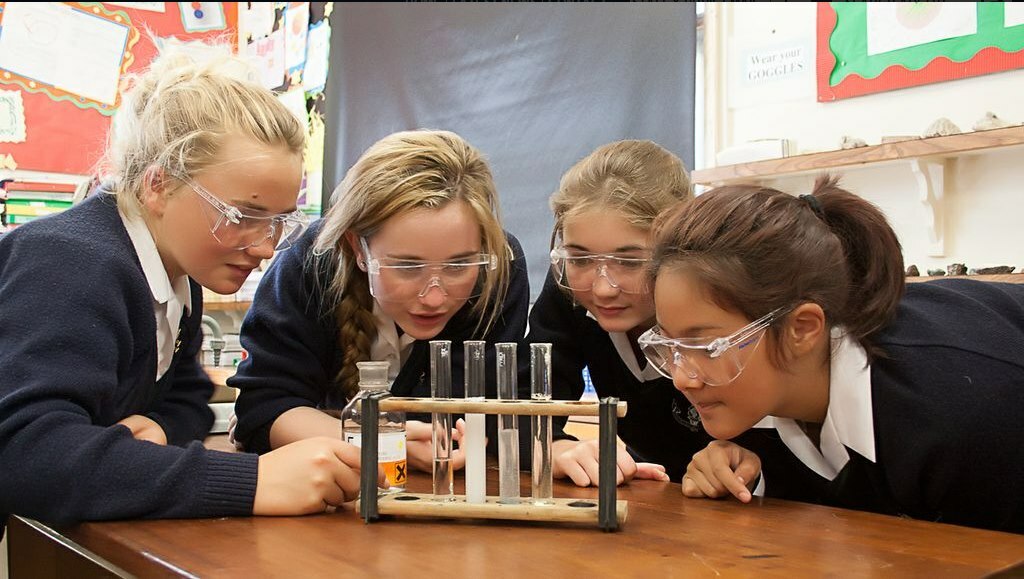 Regional, municipal and local departments may also be involved in educational administration and oversight.
Regional, municipal and local departments may also be involved in educational administration and oversight.
The federal “State Educational Standards” outline the norms for all aspects of education, including curricula and the issuing of official documentation at all levels of education. Please see the Russian Education Federal Portal.
Structure of Education
Educational reform in the early 1990’s created a new organization of education in Russia, including new nomenclature for the types and levels of education.
- All education was divided into two types: “general” and “professional”.
- The sector of “general education” was divided into two levels: “basic general education” and “secondary (complete) general education”.
- The sector of “professional” education was divided into three levels: “initial”, “intermediate” and “higher”.
General Education
(Общее образование/Obshchee Obrazovanie)There are two levels of general education:
- Basic General Education (Основное образование/Osnovnoe Obrazovanie): years 1 through 9
- Secondary (Complete) General Education (Среднeе (Полное) Общее образование/Obshchee (Polnoe) Obshchee Obrazovanie): years 10 and 11 at general education secondary schools
Primary Education and Secondary General Education
The length of the sequence of primary-secondary education has changed several times over the last 50 years.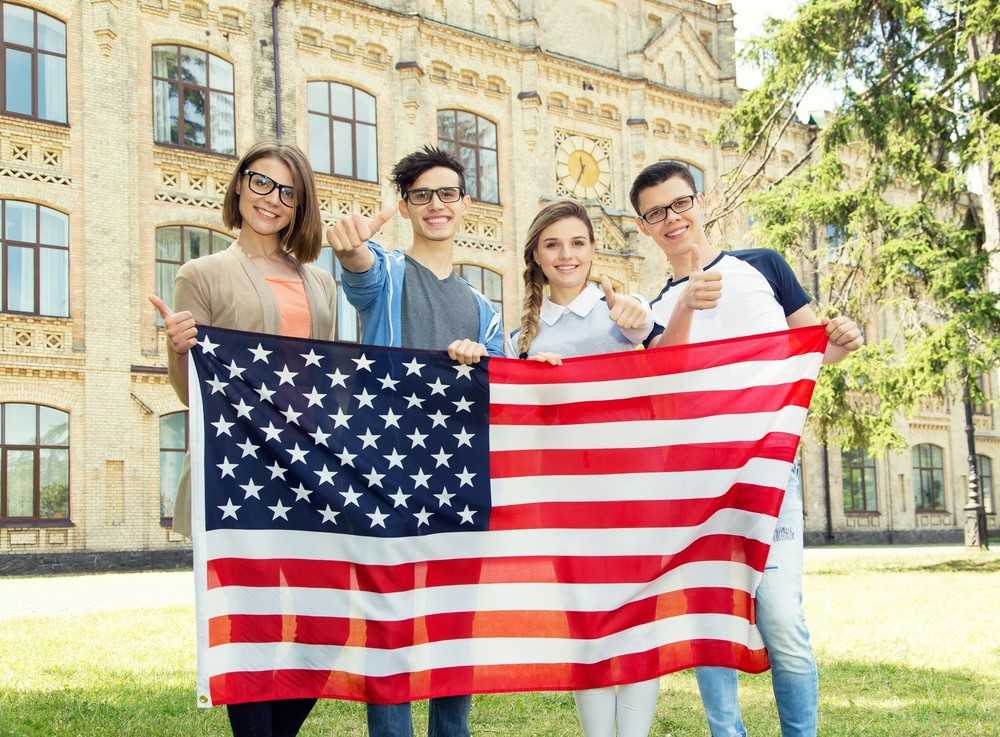 The system moved from a 10-year to an 11-year system in 1957, back to a 10-year system in 1964, and to an 11-year system again in 1984, with major adjustments made to that system in 1996.
The system moved from a 10-year to an 11-year system in 1957, back to a 10-year system in 1964, and to an 11-year system again in 1984, with major adjustments made to that system in 1996.
Currently an 11-year system of general education is in effect, with children starting school at age 7. A new 12-year system was proposed at one time, adding one year to primary education, but the idea was dropped by a decision of the Russian
The school year starts on September 1 and runs into June. There are two semesters, made up of 34 weeks of instruction followed by exam weeks. Russian is the official language of instruction, but in years 1-9, other languages may be used. Education is compulsory through year 9.
General education is offered in four types of schools:
- General education secondary school [средняя общеобразовательная школa/obshcheobrazovatel’naya shkola]: Offers years 1 through 11. About 80% of schools are general schools.
 “Profile” education (intensive instruction in a specific subject area, similar to the gymnasium and lyceum) was introduced in 2003/04 with full implementation by 2006/07.
“Profile” education (intensive instruction in a specific subject area, similar to the gymnasium and lyceum) was introduced in 2003/04 with full implementation by 2006/07. - General education secondary school with intensive instruction in specific subjects, such as foreign language, science, sports, dance, music; make up about 15% of schools; may offer all levels of education.
- Gymnasium [гимназия/gymnasia]: Constitute about 2% of schools; often emphasize the humanities and may offer all levels of education.
- Lyceum [лицей/litsej]: 3% of schools; focus on scientific/technical subjects; may offer all levels of education.
Primary and Secondary Curriculum
Primary general education (years 1-4): Russian, foreign language (starting in year 2), mathematics, environmental studies, practical and fine arts, music, sport. Instruction 5 days per week; 20 hours in year 1, 30 hours in year 4.
Basic general education (years 5-9): Russian, foreign language, mathematics, computer science, history, social science, geography, physics, chemistry, biology, art, music, technology, civics, physical education, subjects set by the school. Instruction 5 days per week, 30 hours per week. Examinations in year 9.
Instruction 5 days per week, 30 hours per week. Examinations in year 9.
Secondary (complete) general education (years 10 and 11): Russian, foreign language, mathematics (algebra, basic analysis, geometry), Russian and world history, social science, economics, law, geography, physics, chemistry, biology, computer science, art, technology, civics, physical education, technology, subjects set by the region, subjects set by the school. Instruction 6 days per week, 36 hours per week. Attestation examination in year 11: two federal compulsory written examinations (Russian, mathematics) plus three or four additional subjects.
General Education Documents
After Grade 9:
- Certificate of Basic General Education [Аттестат об основном общем], Образовании/Attestat ob osnovnom obshchem obrazovanii]
- After Grade 11: Certificate of Secondary (Complete) General Education [Aттестат о среднем], (полном) общем образовании/Attestat o srednem (polnom) obshchem obrazovanii]
Admission to Higher Education
Secondary (complete) general education gives access to admission to higher education. The Unified State Examination is also required.Unified State Examination (USE) [Единый государственный экзамен (ЕГЭ)/Yedenyj gosudarstvennyj ekzamen (EGE)]
The Unified State Examination is also required.Unified State Examination (USE) [Единый государственный экзамен (ЕГЭ)/Yedenyj gosudarstvennyj ekzamen (EGE)]
The Unified State Examination is required for admission to bachelor and specialist programs at higher education institutions. Developed in part to expand access to higher education and to quell accusations of corruption in the higher education admissions process, the USE was piloted on a small scale beginning in 2001, with full implementation federation-wide in 2009. Overseen by a special agency, it is given in the final year of both general education schools and vocational schools.
Professional Education (
профессиональное образование/Professional’noe Obrazovanie)There are three levels of professional education:
- Initial (or Basic) Professional Education (начальное профессиональное образование/nachalnoe professional’noe obrazovanie)
- Three levels with the initial or basic levels of education are available
- Admission based on Basic General Education (year 9): length of program is 1 to 2.

- Admission based on Secondary (Complete) General Education (year 11): length is 1 to 1.5 years, yields employment qualification
- School type: Professional school [техническое училище/tekhnicheskoe uchilishche]
- Document: Diploma of Initial Professional Education [диплом о нaчaлном профессиональном образовании
- Admission based on Basic General Education (year 9): length of program is 3 to 4 years, yields employment qualification with complete secondary education.
- School Type: Professional lyceum ([технический лицей / tekhnicheskij litsej] or [профессиональный лицей/professional’nyj litsej])
- Document: Diploma of Initial Professional Education with Acquisition of Secondary (Complete) Education [диплом о нaчaлном профессиональном образовании с пoлyчением среднего (полного) общего образования/diplom o nachalnom professional’nom obrazovaniis polucheniem srednego (polnogo) obshchego obrazovaniya
- Admission based on Basic General Education (year 9): length of program is 1 to 2.
- Three levels with the initial or basic levels of education are available
- Intermediate (or “Secondary”, “Second Level”) Professional Education (среднeе профессиональное образование/srednee professional’noe obrazovanie)
- Admission requires Basic General Education, Initial Professional Education or Secondary (Complete) General Education.
 Programs are 2 or 3 years long, depending on the admission level.
Programs are 2 or 3 years long, depending on the admission level.- School type: Technical school [техникум/tekhnikum], specialized school (училище/
- Document: Diploma of Intermediate Professional Education [Диплом о среднем профессиональном образовании/Diplom o Srednem Professional’nom Obrazovanii] with employment qualification
- School type: Technical school [техникум/tekhnikum], specialized school (училище/
- Admission requires Basic General Education, Initial Professional Education or Secondary (Complete) General Education.
- Higher Professional Education (высшее профессиональное образование/vysshee professional’noe obrazovanie)
- This refers to the university and university-level sector of education in Russia offered at institutions that have the designation of “higher education institution” [высшие учебноые заведении/vysshie uchebnye zavedenii], commonly known by the acronym “VUZ” (plural “VUZy”) in Russian. Admission requires secondary (complete) education.

- This refers to the university and university-level sector of education in Russia offered at institutions that have the designation of “higher education institution” [высшие учебноые заведении/vysshie uchebnye zavedenii], commonly known by the acronym “VUZ” (plural “VUZy”) in Russian. Admission requires secondary (complete) education.
Programs and credentials awarded:
- “Specialist” Diploma [Диплом/diplom] with professional qualification [квалификация/qualification]. Admission requires secondary (complete) education. Programs are 5, 5.5, or 6 years length full-time, depending on the field of study. (Note that the terminology “specialist diploma” is colloquial, and that the word “specialist” does not appear on the documents.)
- Bachelor Diploma [Диплом бакалавра
- Master Diploma [Диплом магистра/diplom magistra]. Admission requires a bachelor diploma. Programs are 2 years long.
- Each of these diplomas is issued with a приложение к диплому (addendum to the diploma) that gives details of the student’s enrollment and lists subjects with grades and the number of hours per subject.

- Note that both the Specialist and Bachelor programs have the same admission requirements but differ in the purpose of the education and credential. The Specialist Diploma functions as a professional credential that yields a specific qualification for employment, as was the case in the Soviet era, while the Bachelor and Master reflect a less narrowly-specialized approach to higher education echoing the U.S. model. The vast majority of higher education students are enrolled in Specialist programs.
- “Second Higher Education”: Provisions exist for holders of a bachelor to be admitted to a specialist program, and for holders of a specialist diploma to be admitted to a master program. Applicants for “second higher education” are evaluated on a case-by-case basis. Russian law requires that each student’s prior education and coursework be evaluated for potential applicability (“transfer”) to the new program, and that the institution must document the evaluation results and the student’s requirements in the new program.

- Candidate of Sciences [Кандидат наук/kandidat nauk]. Admission requires the Specialist or Master. This is a research-based degree awarded upon completion of a three-year program, which includes qualification examinations after the first year, and preparation and defense of a thesis. The
- Doctor of Sciences [доктор наук/doktor nauk] represents completion of an additional dissertation based on original research beyond the level of the Candidate of Sciences. It can be considered similar to a “habilitation” in the European sense, or to research required for a full professorship in the United States.

Documentation of Incomplete Higher Education:
- Academic Certificate [Академическая Справка/akademicheskaya spravka]
- This document is similar in concept to the U.S. “transcript”. It is given to students who officially withdraw from their institution without completing a full higher education program. This is the official document that confirms the student’s enrollment dates, program of study, whether the student was enrolled full- or part-time, the legislated full-time length of the program, and the subjects completed with the grades and number of hours per subject, as well as any term papers or practical training placements completed.
- The Academic Certificate is created based on entries in an internal student record called the credit booklet [зачетная книжка/zachetnaya khnizhka]. The credit booklet is actually a small pre printed booklet each student receives upon enrollment at the institution in which the student’s initial enrollment information is recorded by hand.
 Each semester the subjects are entered, as well as the instructor’s signatures confirming grades on examinations or ungraded passes in subjects that do not have final examinations. This booklet is an internal document for the use of the institution only, andU.S.educators are advised not to accept it as an official academic record. The Academic Certificate is the official record.
Each semester the subjects are entered, as well as the instructor’s signatures confirming grades on examinations or ungraded passes in subjects that do not have final examinations. This booklet is an internal document for the use of the institution only, andU.S.educators are advised not to accept it as an official academic record. The Academic Certificate is the official record.
- Diploma of Incomplete Higher Education [Диплом о неполном высшем образовании/diplom o nepolnom vischem obrazovanii].
- This “diploma” is not a document of completion of a full academic program. It represents partial completion of a bachelor or specialist program. The document is similar in format and content to the “academic certificate”. To obtain this document, the student must have completed at least two years of the program and must make a special request for it when officially leaving the institution. (If the student does not request this document, an official Academic Certificate is issued upon official withdrawal.
 ) For employment purposes within Russia, this “diploma” is considered more advantageous than an “academic certificate”. However, for academic purposes, this “diploma” is not a completion credential.
) For employment purposes within Russia, this “diploma” is considered more advantageous than an “academic certificate”. However, for academic purposes, this “diploma” is not a completion credential.
- This “diploma” is not a document of completion of a full academic program. It represents partial completion of a bachelor or specialist program. The document is similar in format and content to the “academic certificate”. To obtain this document, the student must have completed at least two years of the program and must make a special request for it when officially leaving the institution. (If the student does not request this document, an official Academic Certificate is issued upon official withdrawal.
Higher Education Institutions
In Russia, the types of higher education institutions include the university [университет/universitet], academy [академия/akademiya], institute [институт/institute], and conservatory [консерватория/konservatoriya]. Universities offer a wide range of disciplines, while an institute can be either an independent entity or part of a university or academy. An academy generally offers programs in one specific field of study, while conservatories offer programs in music and the fine and performing arts.
Higher Education Accreditation
Higher education quality control is overseen by the National Accreditation Agency [Национальнное Аккредитационное Агентство/Natsionalnoe Akkreditatsionnoe Agentstvo].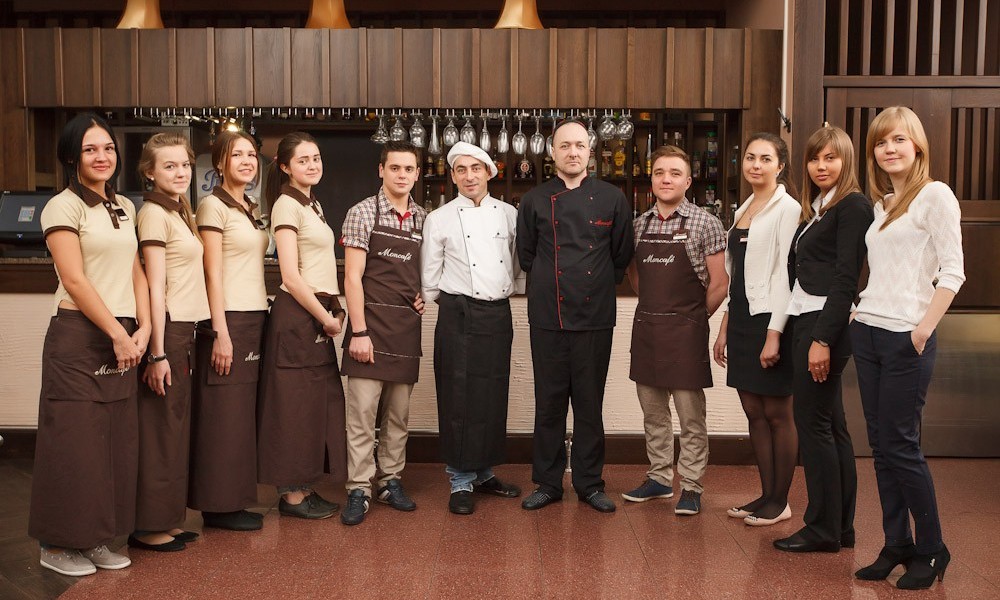 Accreditation as a quality assurance process is available to both state (public) and private institutions. For private institutions, the first step toward accreditation is a review for approval to operate as an education provider, resulting in a “license”. Licensed private institutions and public institutions that wish to be accredited participate in both peer assessment and self evaluation based on criteria that ensure that the activities of the institution conform to the State Educational Standard. Accreditation gives an institution the right to use the state seal on its credentials, to use the state format for diplomas, and to receive benefits as provided by the legislation of the Russian Federation. The period of accreditation certification is five years, with a continuous assessment process leading to reaccreditation. It is possible for accreditation to be denied and for accreditation or reaccreditation to be revoked.
Accreditation as a quality assurance process is available to both state (public) and private institutions. For private institutions, the first step toward accreditation is a review for approval to operate as an education provider, resulting in a “license”. Licensed private institutions and public institutions that wish to be accredited participate in both peer assessment and self evaluation based on criteria that ensure that the activities of the institution conform to the State Educational Standard. Accreditation gives an institution the right to use the state seal on its credentials, to use the state format for diplomas, and to receive benefits as provided by the legislation of the Russian Federation. The period of accreditation certification is five years, with a continuous assessment process leading to reaccreditation. It is possible for accreditation to be denied and for accreditation or reaccreditation to be revoked.
How Higher Education Documents are Issued in Russia
Original Diploma and Addendum:
The Диплом (diploma) and приложение к диплому (addendum to the diploma) are issued together, in Russian, and given to graduates at a ceremony that takes place after final state examinations and diploma thesis defense are complete.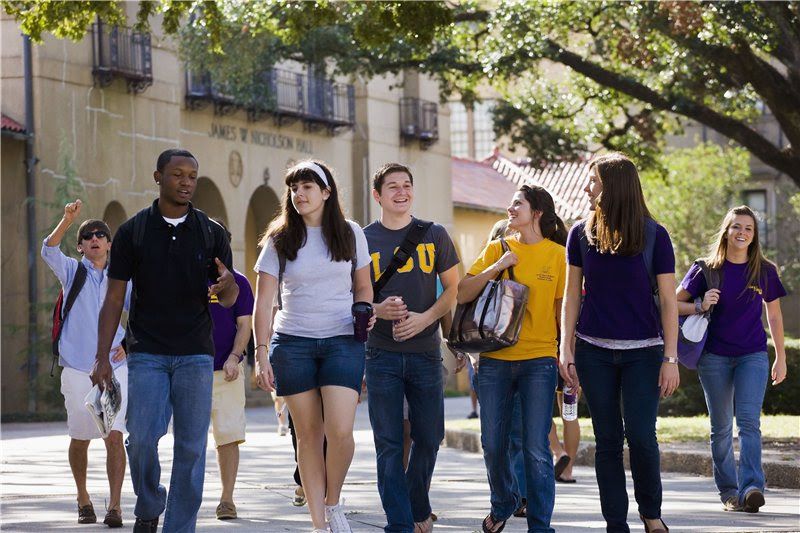 Only one original diploma and addendum will be issued. No other originals will be issued; all copies issued later are “duplicates”.
Only one original diploma and addendum will be issued. No other originals will be issued; all copies issued later are “duplicates”.
Original Academic Certificate:
The Академическая Справка/akademicheskaya spravka (academic certificate) is issued for students who have not completed the full program of study. It is prepared by the Dean of the Faculty’s office after a student officially withdraws from the institution. It is based on records kept by the Dean’s office and in the student’s credit booklet. Only one original is issued and the student must pick it up in person. Certified copies and documents issued later are “duplicates”.
Official Copies:
Students can have copies of the original documents certified or attested by the department of their higher education institution, or by an official notary office in Russia. Notaries in Russia are legal functionaries who certify the authenticity of a copy of an official document. Copies certified in Russia can be accepted as official copies.
Documents in US “Transcript” Format:
There is no official Russian higher education documentation that is issued in a format similar to a US transcript, in a semester-by-semester format with grades, “credits”, and a “GPA”. If a US institution requires a document in this format, Russian students must prepare it themselves, and have it attested by their departments. Such a document is not official and should be not accepted without the appropriate official documentation as described above.
Documents Mailed to US Institutions:
Students can ask their institutions to seal certified documents in an envelope sealed with the institution’s stamp. The student must then mail this envelope to the US institution. Russian institutions generally do not have the means or infrastructure to send documents abroad unless the student pre-pays for this type of service (i.e. courier).
Повредят ли ограничения США в отношении России академическим обменам?
Встроить делиться
Повредят ли ограничения США в отношении России академическим обменам?
от VOA
В настоящее время нет доступных медиа-источников
0:00 0:06:14 0:00
Страны мира уже установили экономические, культурные и туристические ограничения в отношении России.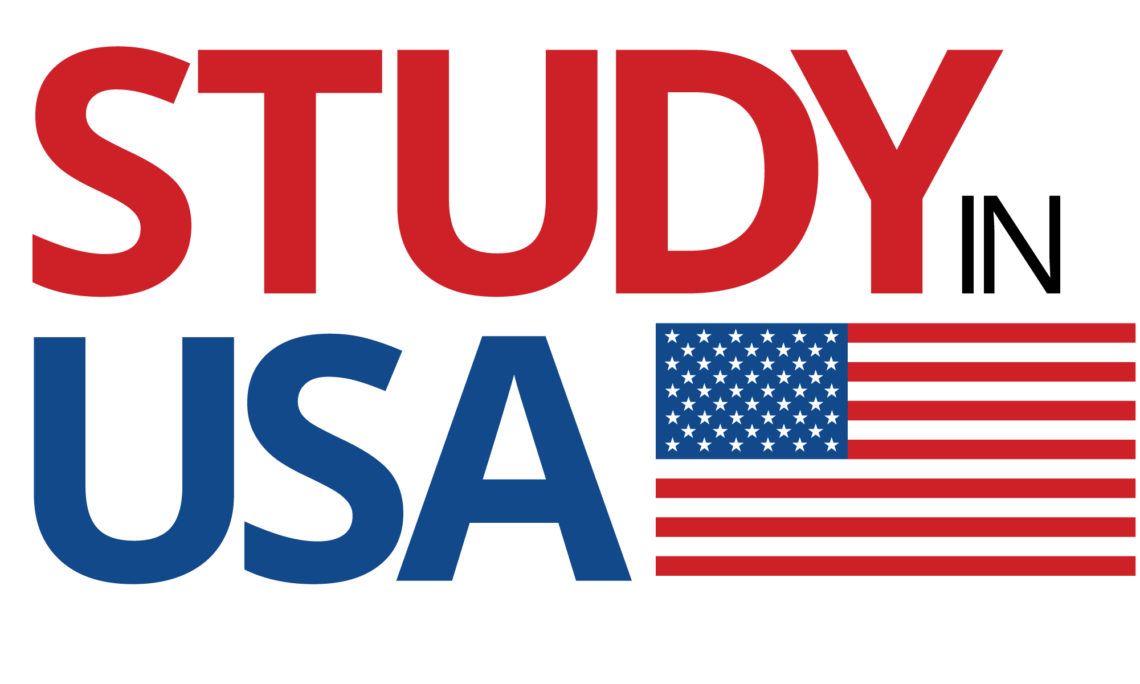 Теперь колледжи в Соединенных Штатах сталкиваются с давлением, требующим ввести образовательные ограничения против страны.
Теперь колледжи в Соединенных Штатах сталкиваются с давлением, требующим ввести образовательные ограничения против страны.
Ограничения могут повлиять на обмен студентами между двумя странами. И они могли бы прекратить исследовательские проекты, которые получают деньги от университетов в США
Образовательные, финансовые ограничения
Для многих американских колледжей первоочередной задачей было вернуть домой американских студентов, обучающихся в России или Украине. В 2018 году в этих странах обучалось около 1400 американцев, но во время пандемии их число резко сократилось.
Когда Россия вторглась в Украину, Миддлберийский колледж в Вермонте в конце февраля приостановил программу обучения за границей в России. Школа призвала 12 учеников немедленно вернуться домой из соображений безопасности.
Среди них был Завьер Риджли из Тулейнского университета в Новом Орлеане. Риджли сказал, что ему грустно уезжать. Он назвал программу в Москве « возможностью всей жизни».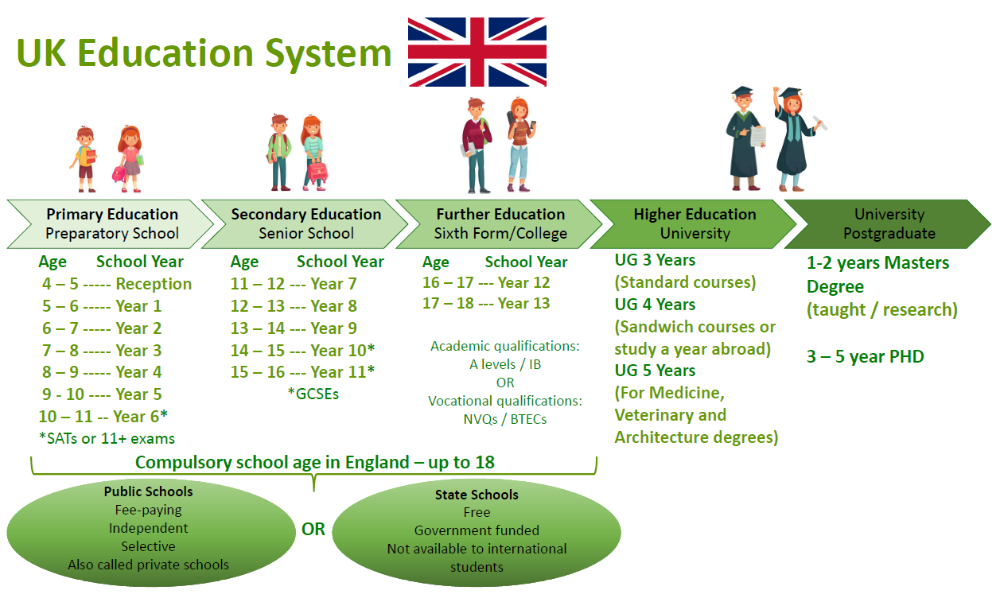
Другие школы, такие как Dartmouth College of New Hampshire, отменяют будущие программы обучения в России. А у некоторых заканчиваются финансовые и образовательные связи в стране.
Выпускник Тулейнского университета Завьер Риджли позирует для автопортрета перед Московским государственным университетом в Москве, Россия, в январе 2022 года.Вскоре после вторжения Массачусетский технологический институт заявил, что прекращает партнерство со школой в Москве под названием Сколтех, англоязычным технологическим университетом, который он помог начать в 2011 году. Чиновники MIT назвали это отказом от « неприемлемые военные действия против Украины».
Университет Колорадо заявил, что отказывается от всех инвестиций, включая 3,5 миллиона долларов, в России. Этот шаг был предпринят после того, как руководители штата Колорадо призвали школу разорвать отношения.
В штате Аризона все государственные университеты заявили о прекращении связей с Россией. Университет штата Аризона заявил, что его бизнес-школа прекратит связи с учебным центром в Москве. Руководители штатов Огайо и Вирджиния также призвали свои государственные университеты прекратить инвестиции в Россию.
Университет штата Аризона заявил, что его бизнес-школа прекратит связи с учебным центром в Москве. Руководители штатов Огайо и Вирджиния также призвали свои государственные университеты прекратить инвестиции в Россию.
Стэнфордский университет, однако, не прекращает свой контракт с Россией на 1,6 миллиона долларов на компьютерные бизнес-курсы. Университет заявил, что он «полностью соответствует » ограничениям США.
Российские студенты в США
Согласно отчету Open Doors 2021, около 5000 студентов из России учились в США в прошлом году. Кроме того, чуть менее 2000 украинских студентов находились в США.
После вторжения несколько американских законодателей настаивали на введении визовых ограничений для российских студентов. Один даже призвал отправить российских студентов домой. Выступая перед CNN в прошлом месяце, член Палаты представителей Эрик Суолвелл сказал, что США должны рассмотреть вопрос об отправке «каждого русского студента из Соединенных Штатов».
Сторонники международного образования говорят, что потеря этих студентов лишит их шанса изучить западные идеалы . Говорят, русские, которые учатся в Америке, уже с большей вероятностью захотят перемен дома.
Джилл Уэлч — старший советник группы ректоров университетов под названием «Президентский альянс по высшему образованию и иммиграции». «Лидеры должны проводить различие между Путиным и россиянами, которые хотят лучшей жизни», — сказала она, упомянув президента России Владимира Путина. — Отправка кого-нибудь обратно не сократит войну ни на день.
Это беспокоит Людмилу Федорову, профессора Джорджтаунского университета в Вашингтоне, округ Колумбия. Федорова родилась в России и училась в Москве.
«Крайне важно не разрывать связи с Россией. Большинство студентов, которые приезжают изучать английский язык, выступают против режима . И действительно, особенно сейчас будет много студентов из России , подающих на американские программы».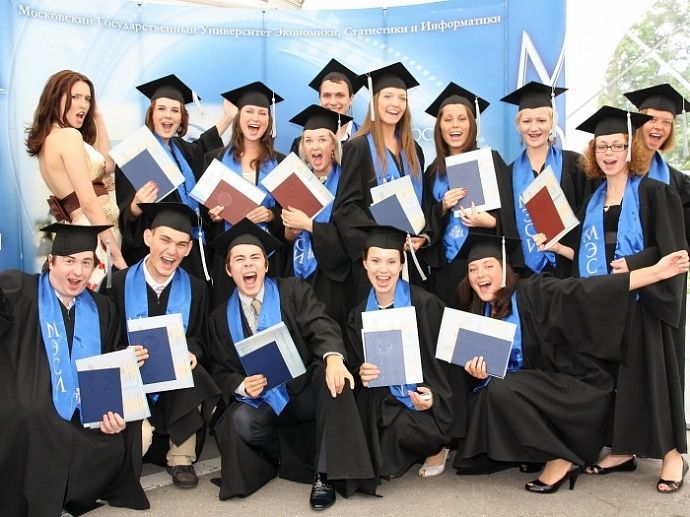
Федорова сказала «Голосу Америки», что ее беспокоит обмен идеями между США и Россией, если учебные программы будут закрыты.
«Я знаю, что самое главное сейчас — это война на Украине, но я также очень беспокоюсь о своих друзьях в России, которые борются за мир, которые оказались в опасности. И нет им выхода».
Я Дэн Фриделл.
Об этом сообщает Associated Press. Дэн Фриделл адаптировал эту историю для изучения английского языка с дополнительным отчетом.
Как вы думаете, смогут ли студенты в будущем приезжать в США из России? Как вы думаете, пойдут ли туда американские студенты? Дайте нам знать. Напишите нам в разделе комментариев и посетите нашу страницу в Facebook.
Викторина – Повредят ли ограничения США в отношении России академическим обменам?
Начать викторину, чтобы узнать
Начать викторину
Words in This Story возможность – н. шанс или время, когда что-то можно сделать
шанс или время, когда что-то можно сделать
финансовый – прил. связанные с деньгами
товарищество – н. связь или отношения, две группы, работающие вместе
соответствие – н. акт выполнения чего-либо, что требуется, следуя правилу
идеалам – сущ. идея или эталон совершенства или совершенства
отличие – сущ. разделение людей или вещей на разные группы
режим – сущ. форма правления или управления
подать заявку – v. официально попросить о чем-то, например, о работе или месте в школе
колледжи США разорвали партнерские и финансовые связи с Россией
КОЛЛИН БИНКЛЕЙ, 10 марта 2022 г., GMT
Колледжи США забирают студентов из программ обучения за границей в России, прекращают сотрудничество в области исследований и разрывают финансовые связи в рамках глобальной волны осуждения вторжения в Украину.
В то же время колледжи пообещали поддерживать российских студентов в своих кампусах, выступая против призывов некоторых членов Конгресса выслать их из страны в качестве санкции против их родины.
Эти шаги носят в основном символический характер — у американских колледжей мало возможностей повлиять на Россию или сократить ее финансы, а академический обмен между странами всегда был скудным. Но предложение о том, чтобы некоторые или все российские студенты лишились возможности учиться здесь, привлекло новое внимание к роли университетов в глобальных спорах.
В прошлом учебном году колледжи США приняли около 5000 студентов из России, что составляет менее 1% всех иностранных студентов. Сторонники международного образования говорят, что потеря этих студентов лишает их шанса познакомить их с западными идеалами, и они говорят, что русские, решившие учиться в Америке, уже с большей вероятностью захотят перемен дома.
РЕКЛАМА
«Лидеры должны проводить различие между Путиным и россиянами, которые хотят лучшей жизни», — сказала Джилл Уэлч, старший советник Альянса президентов по высшему образованию и иммиграции, коалиции ректоров университетов. — Отправка кого-либо обратно не сократит войну ни на день.
— Отправка кого-либо обратно не сократит войну ни на день.
Midterm elections
Biden reelection bid faces resistance from some Democrats
Ex-Maryland Gov. Larry Hogan won’t challenge Trump in 2024
Trump pitches a sequel, but уклоняется от нападок соперников
Марианна Уильямсон начинает дальний удар 2024 вызов Байдену
Многие университеты призывают к состраданию к студентам из России, которые, как и студенты из Украины, могут опасаться за безопасность членов семьи или лица внезапные финансовые трудности.
В обращении к студентам президент Колумбийского университета сказал, что студентам из обеих стран предстоит «запутанный и неопределенный путь».
Президент Вашингтонского университета Ана Мари Кос заявила, что кампус поддерживает Украину, но «должен также позаботиться о том, чтобы действия авторитарного правительства России не повлияли на наше отношение к российским студентам, ученым и членам сообщества, которые не играют никакой роли в ее политики».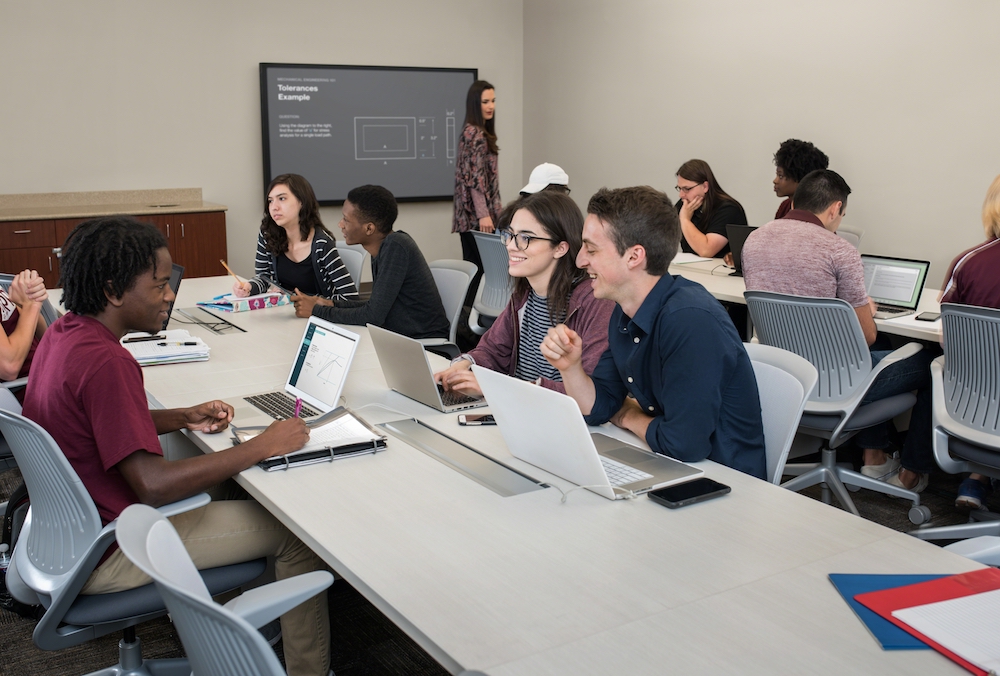
Некоторые члены Конгресса настаивают на введении визовых ограничений для российских студентов. Выступая на CNN в прошлом месяце, член палаты представителей Эрик Суолвелл, демократ от штата Калифорния, заявил, что США следует рассмотреть возможность «выдворения всех российских студентов из Соединенных Штатов», чтобы вызвать негативную реакцию против Владимира Путина в России.
Эта идея не получила большой поддержки в Вашингтоне, но позже Белый дом предположил, что его отдельные санкции против российских олигархов частично направлены на то, чтобы заблокировать доступ в университеты США.
«Мы говорим здесь об аресте их активов, аресте их яхт и усложнении для них отправки своих детей в колледжи и университеты на Западе», — заявила на прошлой неделе пресс-секретарь Джен Псаки, обсуждая санкции.
РЕКЛАМА
Руководители колледжей не борются с идеей о том, что олигархи и их дети должны лишиться доступа к американскому образованию. Но более широкие действия против российских студентов будут нести отголоски дискриминации Америки по отношению к японским и немецким иммигрантам во время Второй мировой войны, говорят защитники.
«В нашей стране мы не наказываем детей за преступления их родителей», — сказала Барбара Снайдер, президент Ассоциации американских университетов и бывший президент Университета Кейс Вестерн Резерв. «Вы должны тщательно подумать о последствиях нападения на людей из-за их страны происхождения».
Для многих колледжей первоочередной задачей является отчисление американских студентов, обучающихся в России или Украине, хотя считается, что их там было немного. В 2018 году в этих странах обучалось в общей сложности 1400 американцев, а общие показатели обучения за границей резко упали во время пандемии.
Колледж Миддлбери в Вермонте приостановил программу обучения за границей в России в конце февраля, сославшись на соображения безопасности и призвав 12 студентов вернуться домой. Среди них был Завьер Риджли, который учился в Москве, когда ему сказали поскорее забронировать билет домой.
22-летний мужчина сказал, что уважает это решение, но был разочарован. Старший в Тулейнском университете, он пытался попасть в программу Миддлбери с 2019 года, но это было отложено из-за пандемии.
«Месяц, который я провел здесь, был не чем иным, как возможностью всей жизни, и то, что он так резко оборвался, действительно ужасно грустно», — сказал Риджли, который с тех пор вернулся домой.
Другие школы присоединились к запрету на поездки студентов в Россию, а некоторые, включая Дартмутский колледж, отменили предстоящие программы обучения за рубежом. Растущее число также разрывает финансовые и академические связи в качестве упрека Путину, но реакция США была более разрозненной по сравнению с Европой, где такие страны, как Германия, Нидерланды и Дания, приказали колледжам заморозить академический обмен с Россией.
Вскоре после начала вторжения Массачусетский технологический институт заявил, что прекращает партнерство со Сколковским институтом науки и технологий, исследовательским университетом, который он помог основать под Москвой в 2011 году. действия против Украины».
После того, как на прошлой неделе губернатор Колорадо Джаред Полис призвал университеты сократить инвестиции в Россию, Университет Колорадо заявил, что продает все активы в стране, в том числе 3,5 миллиона долларов в паевых инвестиционных фондах.
Несколько других штатов, включая Вирджинию, Огайо и Аризону, также призвали колледжи отказаться от инвестиций.
Президенты государственных университетов Аризоны в понедельник уведомили штат о том, что они прекращают финансовые и академические связи с Россией в ответ на распоряжение совета регентов штата. Аризонский государственный университет объявил о расставании с корпоративным учебным центром в Москве, входящим в состав его бизнес-школы.
Другие колледжи пересматривают контракты или финансовые пожертвования из российских источников, но некоторые не планируют возвращать деньги или прекращать сделки.
Стэнфордский университет получил 1,6 миллиона долларов по контракту с неназванным российским источником в декабре 2020 года, согласно документам Министерства образования США. Представитель университета сказал, что это соглашение об онлайн-курсах по бизнесу и что Стэнфорд «полностью соблюдает» санкции США.
В прошлом году Университет Рутгерса сообщил о новом контракте с Россией.
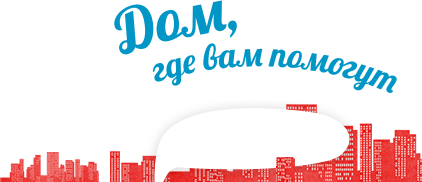
 “Profile” education (intensive instruction in a specific subject area, similar to the gymnasium and lyceum) was introduced in 2003/04 with full implementation by 2006/07.
“Profile” education (intensive instruction in a specific subject area, similar to the gymnasium and lyceum) was introduced in 2003/04 with full implementation by 2006/07.
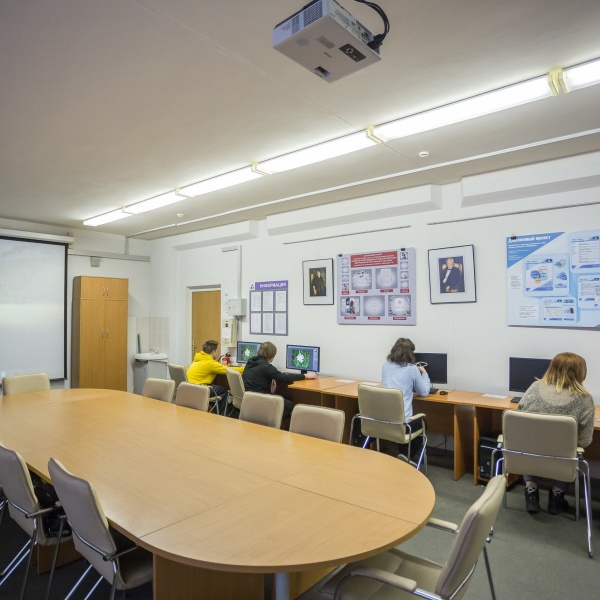 Programs are 2 or 3 years long, depending on the admission level.
Programs are 2 or 3 years long, depending on the admission level.

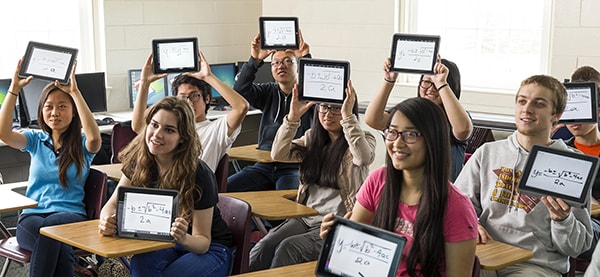
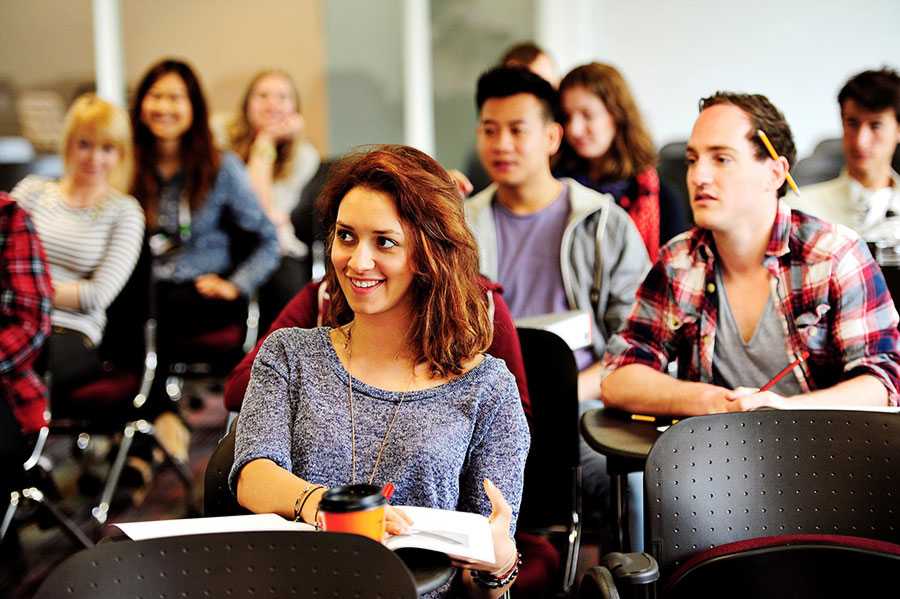
 Each semester the subjects are entered, as well as the instructor’s signatures confirming grades on examinations or ungraded passes in subjects that do not have final examinations. This booklet is an internal document for the use of the institution only, andU.S.educators are advised not to accept it as an official academic record. The Academic Certificate is the official record.
Each semester the subjects are entered, as well as the instructor’s signatures confirming grades on examinations or ungraded passes in subjects that do not have final examinations. This booklet is an internal document for the use of the institution only, andU.S.educators are advised not to accept it as an official academic record. The Academic Certificate is the official record. ) For employment purposes within Russia, this “diploma” is considered more advantageous than an “academic certificate”. However, for academic purposes, this “diploma” is not a completion credential.
) For employment purposes within Russia, this “diploma” is considered more advantageous than an “academic certificate”. However, for academic purposes, this “diploma” is not a completion credential.